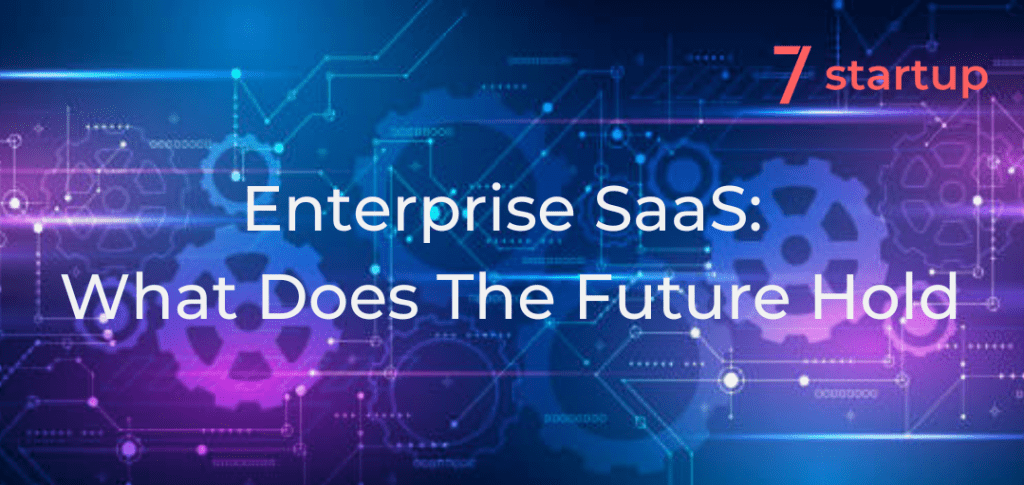In the midst of a tumultuous 2022 for European tech, one sector emerged victorious and continued to surpass funding records. Enterprise SaaS, the backbone of modern businesses, secured $17.8 billion in funding, solidifying its position as the best-funded sector. With its wide range of applications, from business resource planning to customer support and HR tools, enterprise software caters to companies of all sizes, from SMEs to global giants. Nevertheless, amidst its success, industry strength concerns arise from a recent Sifted survey. This blog delves into enterprise software market resilience, unveiling vast potential for startups and venture capitalists.
Navigating Volatile Valuations and Corrections
Investors are drawn to businesses with easily predictable revenue and growth models, making Enterprise SaaS a prime example. By outsourcing software management to vendors, customers enjoy seamless updates without the need for time-consuming on-site implementation. This user-friendly experience fosters long-term customer retention, allowing revenue to flow in without additional sales and marketing costs. The upfront investment in customer acquisition proves worthwhile as the revenue continues to pour in over time.
The global SaaS market reached a valuation of $186.6 billion in late 2022 and is projected to grow exponentially, reaching an estimated value of $720.44 billion by 2030.In 2022, the large-scale enterprise category led the global SaaS industry and is anticipated to retain its dominance in the projected period.
Over the past decade, investor interest in SaaS has surged, surpassing overall venture capital funding growth nearly sixfold. This surge can be attributed to SaaS’s expanding use cases and penetration into new industries. At 7startup, we concentrate on nurturing Seed to Series A B2B Enterprise SaaS software startups. We evaluate key metrics, including revenue growth, operating leverage, customer retention, and competitive advantage, to pinpoint promising investment opportunities.
Conclusion
The SaaS industry is experiencing a booming phase, envisioning a future where every organisation embraces SaaS-powered workplaces. However, while some are still in the early stages of adoption, a substantial 37% of businesses around the globe are actively transitioning to cloud systems, seeking enhanced flexibility. This profound shift lays the groundwork for the predicted 2023 SaaS spending to surge to a formidable $489 billion, thus reinforcing its commanding position in the dynamic tech landscape.
However, despite the challenges faced by the enterprise software market, including the impact of skyrocketing valuations and the corrections experienced in 2022, the long-term prospects remain robust. Companies are increasingly embracing digital transformation, shifting from traditional manual processes to automated systems that leverage real-time data. The maturity of the enterprise software sector and its accelerated adoption rates signify a promising future for startups and venture capitalists alike.
With its predictability, scalability, and potential for high returns, enterprise software continues to revolutionise the way businesses operate, offering a world of opportunities for those seeking to shape the future of technology.
If you enjoyed reading this, you may also like Vertical SaaS: Transforming Startups & Venture Capital

Amit Khanna, 7startup Founder
Amit has two decades of experience in the industry and an MBA. He supports entrepreneurs with every aspect of their business including concept and product development, investor presentations, and fundraising. Amit & 7startup assist startups in the pre due-diligence process and help connect them to our vast network of investors. Reach out to us today and see if we’re a fit!




